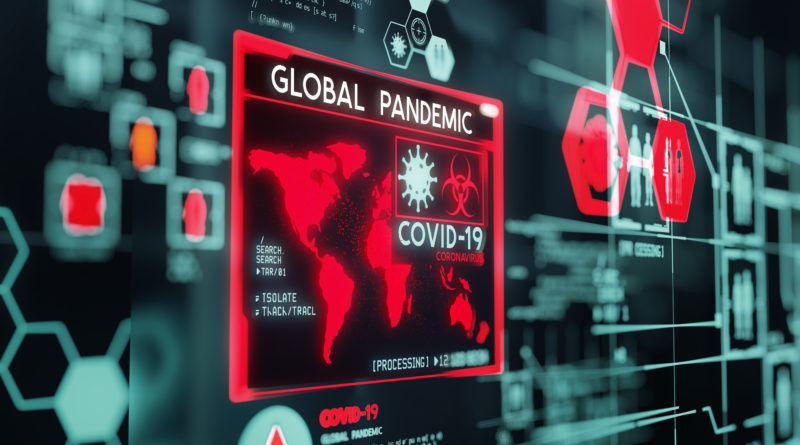COVID-19: The Week’s Key Developments
19,018 total views, 1 views today
Although the COVID-19 pandemic is wrecking the U.S. economy and at least temporarily reshaping American society, many questions remain unanswered about not just the virus itself, but how it can effectively be treated and how individual parts of the country can go about reopening. To keep you up to date, here are some of the week’s key developments about COVID-19, the pandemic, and the economy.
Congress passed a fourth COVID-19 relief package
Earlier this week, Congress passed another COVID-19 relief package. This newest bill, the first to be passed in April after three bills successfully passed in March, replenishes funds for the depleted Paycheck Protection Program. Through this program, small businesses such as bars and restaurants can seek financial relief.
Disinfectant producers have spoken out
COVID-19 is an invisible enemy, so people have often taken especially drastic measures to attempt to combat its spread. At yesterday’s White House coronavirus task force briefing, President Trump suggested using disinfectants – long known to be extremely dangerous if ingested – for “injection inside” people. Leading disinfectant producers quickly spoke out to remind people that disinfectants should absolutely never be used for any purposes other than disinfecting surfaces.
Potential saliva testing
At Rutgers University in New Jersey, experts have made strides on a saliva COVID-19 test that could enhance the limited testing capacity with which the U.S. has struggled. This test could triple New Jersey’s current testing capacity, and at a recent press conference, President Trump suggested it could be used nationally, too.
At the moment, this test may have the ability to deliver 10,000 results a day and reduce the gap between when tests are administered and results are given to just one or two days. According to New Jersey Governor Phil Murphy, the state will not reopen until this testing capacity or closer to 20,000 tests a day is achieved. Currently, New Jersey, which has the second-largest number of cases in any U.S. state, is able to administer at most 9,000 tests per day. This capacity is less than one-tenth of the total number of confirmed cases in the state.
Disagreements on national testing capacity
Whereas New Jersey has repeatedly stated that its COVID-19 testing capacity is at most 9,000 per day, at the federal level, President Trump and top public health officials have been unable to agree on whether the current national testing level is acceptable. Dr. Anthony Fauci, director of the National Institute of Allergy and Infectious Diseases (NIH) and a key member of the White House COVID-19 task force, recently said that the country should “significantly ramp up” its testing capacity. Trump has rejected this notion.
Instead, at yesterday’s press briefing, Trump expressed his disagreement with Fauci and insisted that the U.S. is “doing a great job” when it comes to testing. Few public health, economic, and medical experts agree with Trump: The majority consensus remains that ongoing social distancing measures and stay-at-home orders cannot be eased until the national testing capacity vastly increases and contact tracing technologies are implemented.
Which COVID-19 developments caused you the most concern or hope this week? Add to the conversation in the comments.

